Clean Energy Group
This report details the impacts of rising energy demand from data centers in Pennsylvania and explains how the current trajectory will increase fossil fuel energy generation, raise energy costs, and worsen local air quality. The report includes recommendations for how community advocates and policymakers can push back against potentially harmful data center growth in their state.
In September 2017, Hurricane Maria knocked out all power across Puerto Rico. Vieques, an island of about 8,000 people located eight miles east of the Puerto Rican mainland, remained without electricity for 18 months, the second-longest blackout in world history. Once power was restored, service remained unreliable and expensive. The Vieques Microgrid Network is an effort led by…
Rural community health centers depend on consistent and reliable electricity to serve their patients. Power outages pose a major risk to health center patients, who might need to defer or travel farther for care, and they have the potential to be massively expensive due to interruptions in service and loss of refrigerated vaccines and medications.…
This short fact sheet introduces the concept of resilience hubs—community facilities equipped to support residents and coordinate resource distribution and services before, during, and after a power outage.
Battery energy storage systems can be a cost-effective tool for utilities to meet peak demand and provide flexibility to the power grid. When properly installed, battery storage has proven to be a safe technology, and it is becoming safer every year as more protective regulations and best practices are established. However, many communities have raised…
Battery energy storage systems can serve as a clean and reliable source of backup power for homes and businesses. When properly installed, battery storage has proven to be a safe technology, and it is becoming safer every year as more protective regulations and best practices are established. However, many communities have raised concerns about battery storage…
When Hurricane Ida landed in Louisiana in August 2021, it decimated the area’s energy infrastructure. Over 1 million residents lost power, some for weeks, with outages impacting everything from communications to transportation. CrescentCare, a Federally Qualified Health Center in New Orleans, was forced to close when their backup diesel generators failed to come online. Residents…
Solar combined with energy storage (solar+storage) can provide cost savings and keep essential services powered during grid outages. Clean Energy Group has published a series of short fact sheets answering the following frequently asked questions about solar+storage: These fact sheets are adapted from Clean Energy Group’s 2024 publication, Understanding Solar+Storage: Answers to Commonly Asked Questions…
Green hydrogen and green ammonia are touted as potential replacements for fossil fuels, but their actual environmental benefits are questionable. This fact sheet looks at the risks of hydrogen combustion.





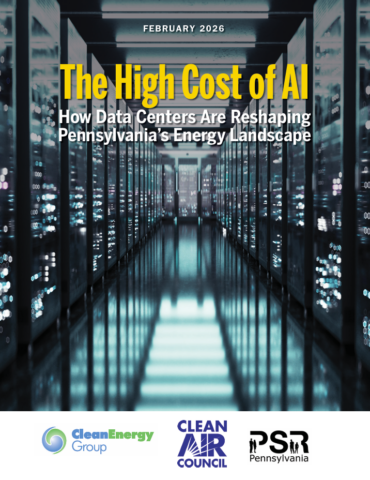

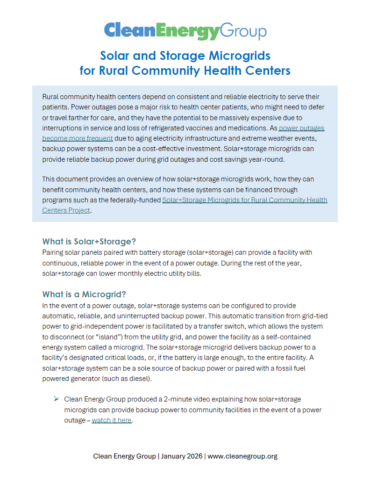
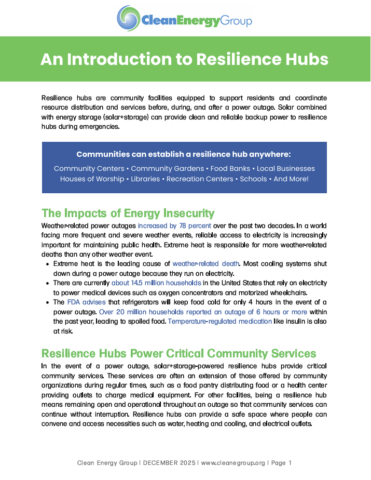
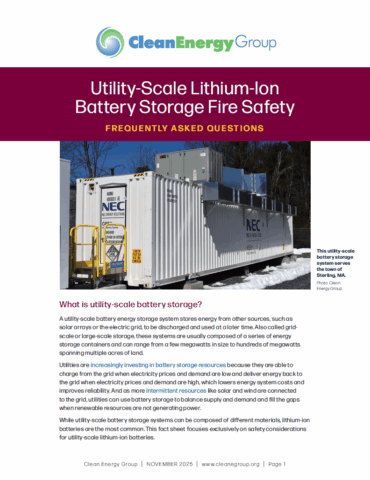
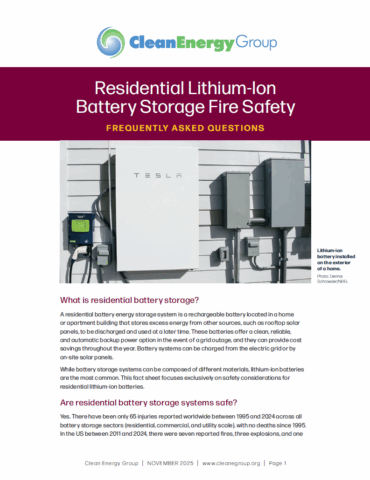
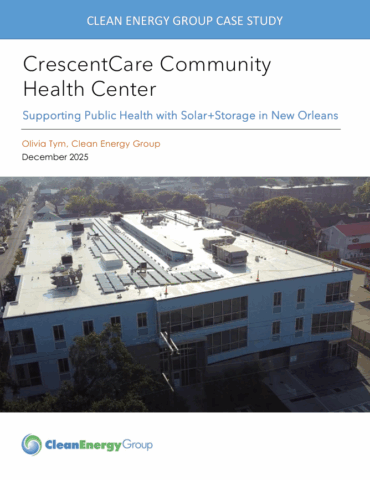

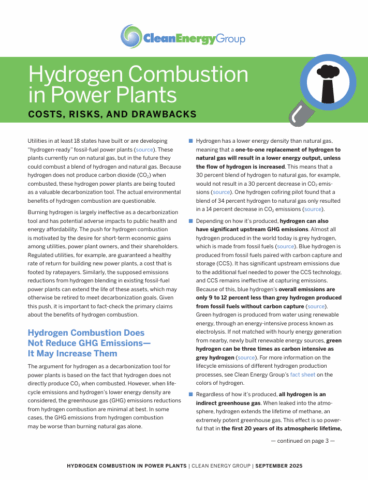
Comments on Calpine Sherman Avenue Energy Center Permit Renewal Environmental Justice Impact Statement
CEG’s comments argue that battery storage is technically and financially feasible at Calpine Sherman Avenue Energy Center based on its analysis of the plant’s operations and site, contrary to Calpine’s statements.